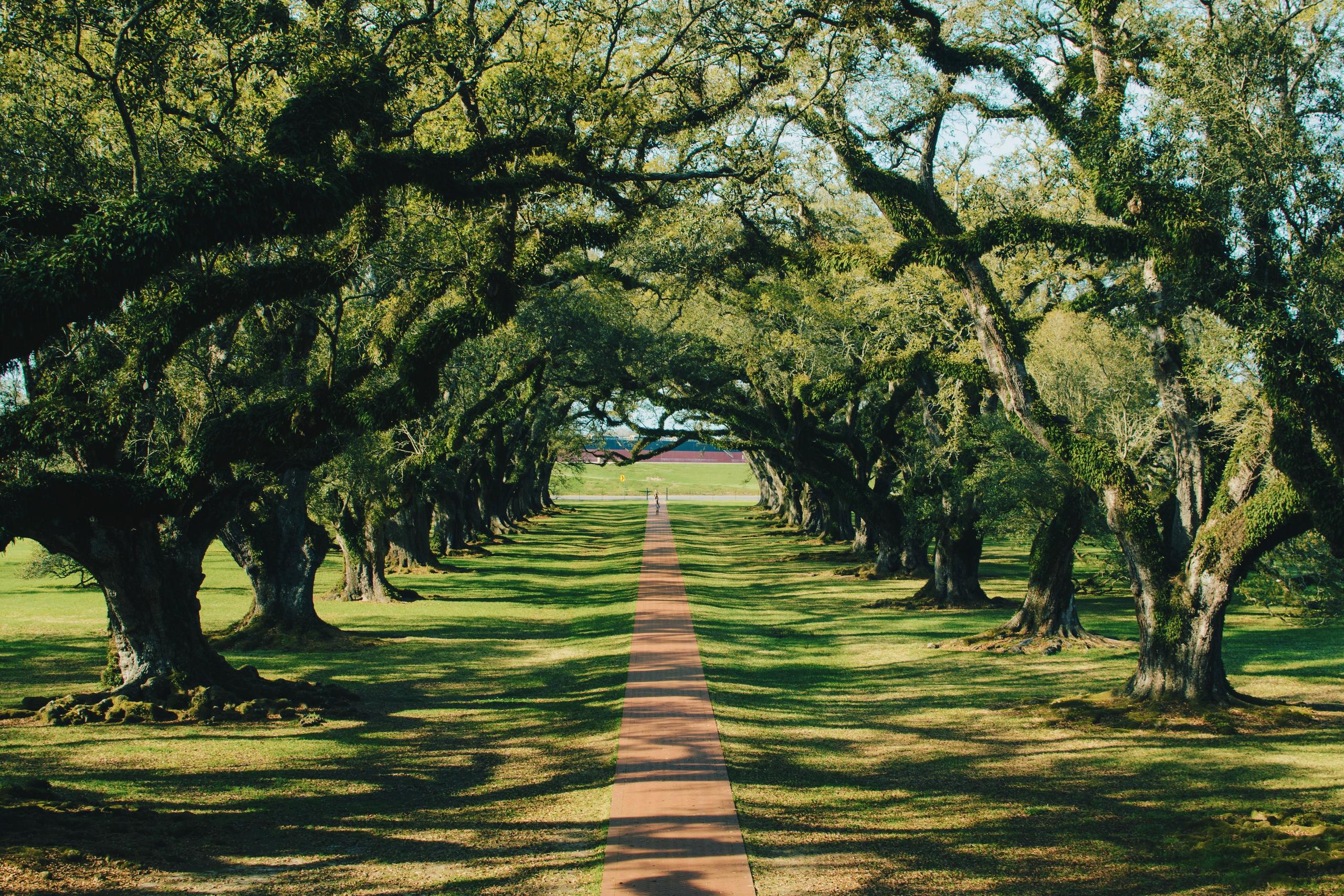

Lafourche Parish, LA
Lafourche Parish, located at the southern end of Louisiana, has about 100,000 residents, a robust agricultural and oil economy, and a reputation for a strong stance against domestic violence.
The social services division of the Sheriff’s Office in Lafourche, led by Lt. Valerie Martinez-Jordan, has been taking formal steps to keep firearms out of the hands of prohibited possessors since 2009. At that time, Louisiana didn’t even have a state surrender law applicable in domestic violence cases. Relying instead on the federal firearm prohibitions applicable in domestic violence cases (18 U.S.C. § 922 (g)(8) and (g)(9)), the Lafourche Sheriff’s department formed an alliance with the Bureau of Alcohol, Tobacco, Firearms, and Explosives (ATF) to remove guns from those prohibited from possessing firearms under federal law. The ATF provided training and education to local law enforcement about the level of evidence that would be required to support a federal prosecution, as this was distinct from the evidentiary thresholds with which local law enforcement were accustomed. Then, in 2010, the Lafourche Sheriff’s Office began sending letters to convicted domestic abusers and those subject to protection orders explaining that they could no longer possess a firearm under federal law, placing individuals on formal notice. Ultimately, the activities under this partnership has resulted in at least 10 federal indictments of prohibited possessors.
In 2014, the State of Louisiana passed legislation prohibiting those with domestic violence convictions from possessing firearms for 10 years after the completion of a sentence or probation. The state also enacted a prohibition of possessing a firearm during the entirety of an enforced protection order. Unfortunately, as is the case in many statutes prohibiting possession of firearms, Louisiana’s 2014 legislation didn’t specify a procedure for the surrender of firearms.
Where others might have seen an incomplete law, Lt. Martinez-Jordan saw an opportunity to expand the work she had begun in 2010. Supported by the local District Attorney and local courts, the Lafourche Sheriff’s Office began to receive notifications from the court when a person became ineligible to possess a firearm. Upon notification, Sheriff deputies flagged the individual with a color-coded system in a computer database accessible to the Sheriff’s Office, as well as other local law enforcement agencies, such as the Louisiana Department of Wildlife and Fisheries. By having the information available in real time, law enforcement agents became aware of firearms prohibitions during any interactions they had with individuals, and could take that opportunity to divest them of their firearms. Additionally, the court minutes or protection order establishing the firearm prohibition are scanned into the database and available to law enforcement. The Sheriff’s Office also sends a letter to the prohibited person advising them of state and federal restrictions. Lt. Martinez-Jordan states that most people voluntarily return the letter demonstrating they understand the restrictions and indicating whether or not they own firearms. Those who acknowledge gun ownership as well as those who don’t comply by returning the letter receive a visit from law enforcement.
This groundbreaking program in Lafourche became the inspiration for the firearm transfer legislation that passed in Louisiana in 2018. The firearm transfer legislation established Sheriff’s Offices as the agencies responsible for overseeing firearm transfers and outlined procedures to divest prohibited persons of their firearms. The Louisiana Commission on Law Enforcement provided the Lafourche Parish Sheriff’s Office funding to share its protocol and forms for divestiture with Sheriffs’ departments throughout Louisiana. Lt. Martinez-Jordan spent most of the fall of 2018 traveling throughout the state, educating law enforcement on state and federal firearms laws and sharing the protocol she helped develop in Lafourche. Since the law took effect in 2014, there have been no domestic violence homicides by anyone prohibited from possessing a firearm in Lafourche. Lt. Martinez-Jordan hopes the success they have had in Lafourche Parish can be expanded throughout the state.
To learn more about The Lafourche Parish Sheriff’s Office protocol, or to see forms developed in Lafourche, please contact us here.